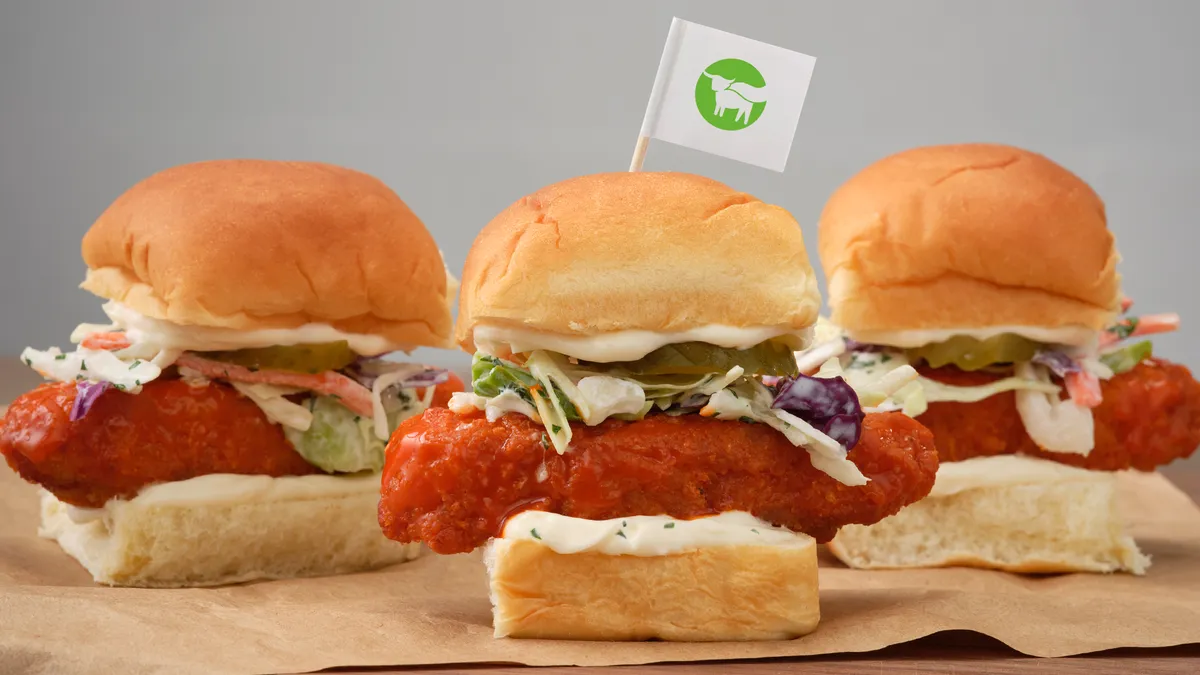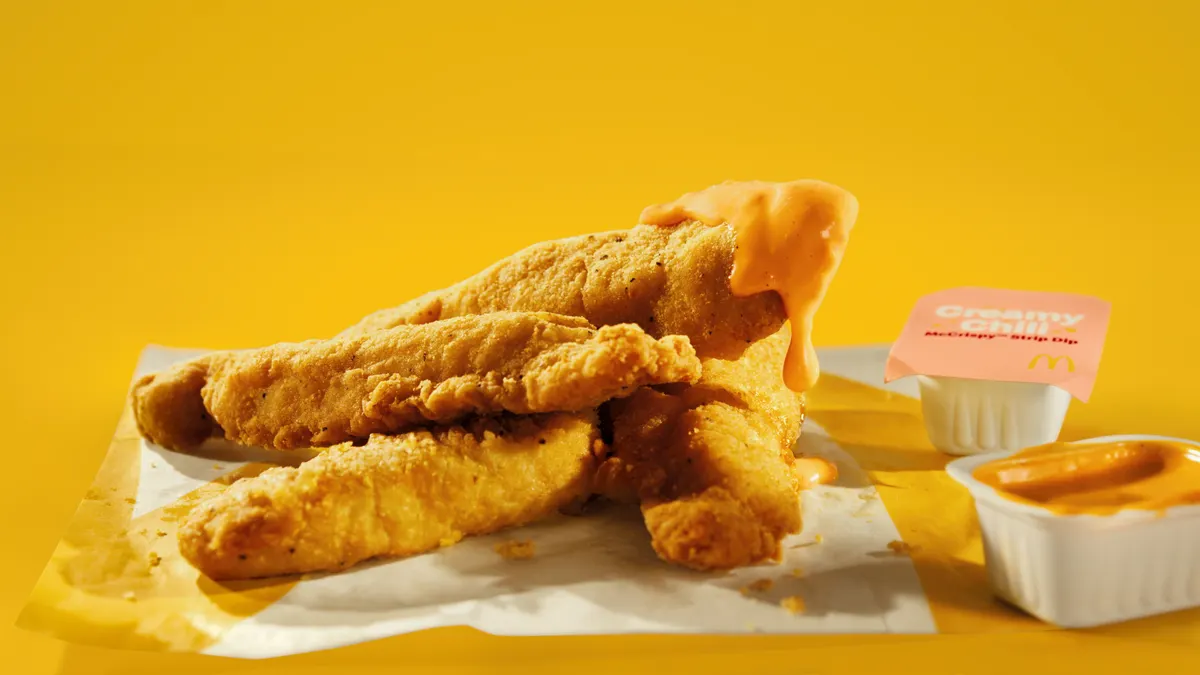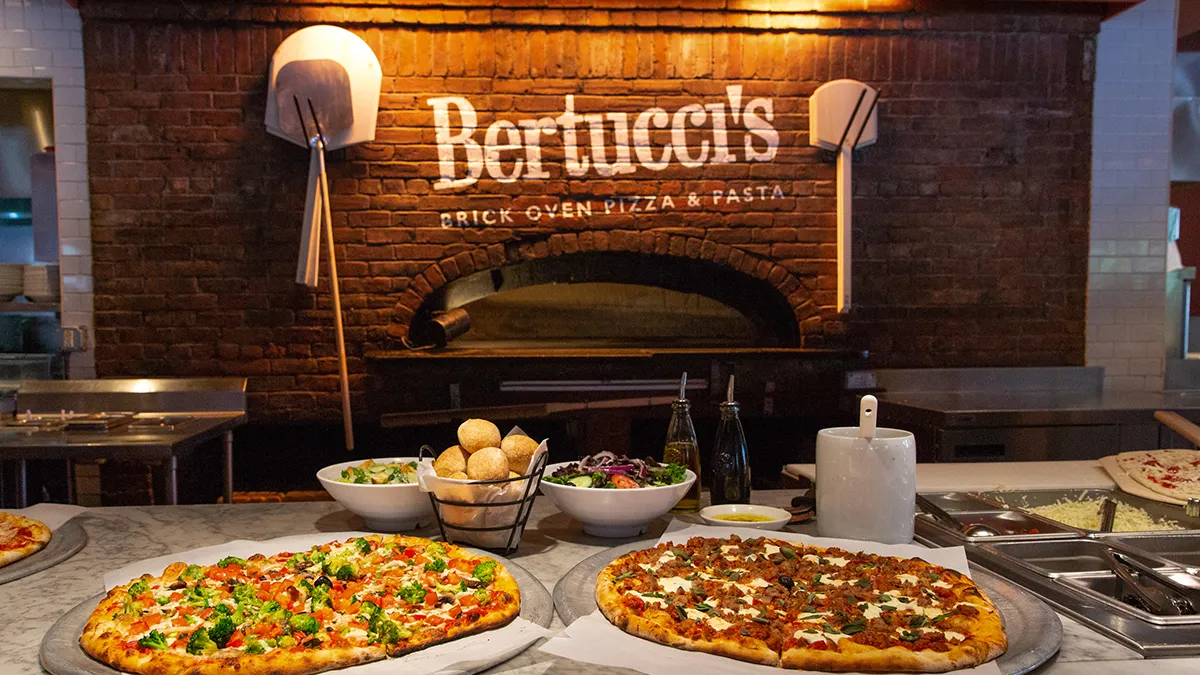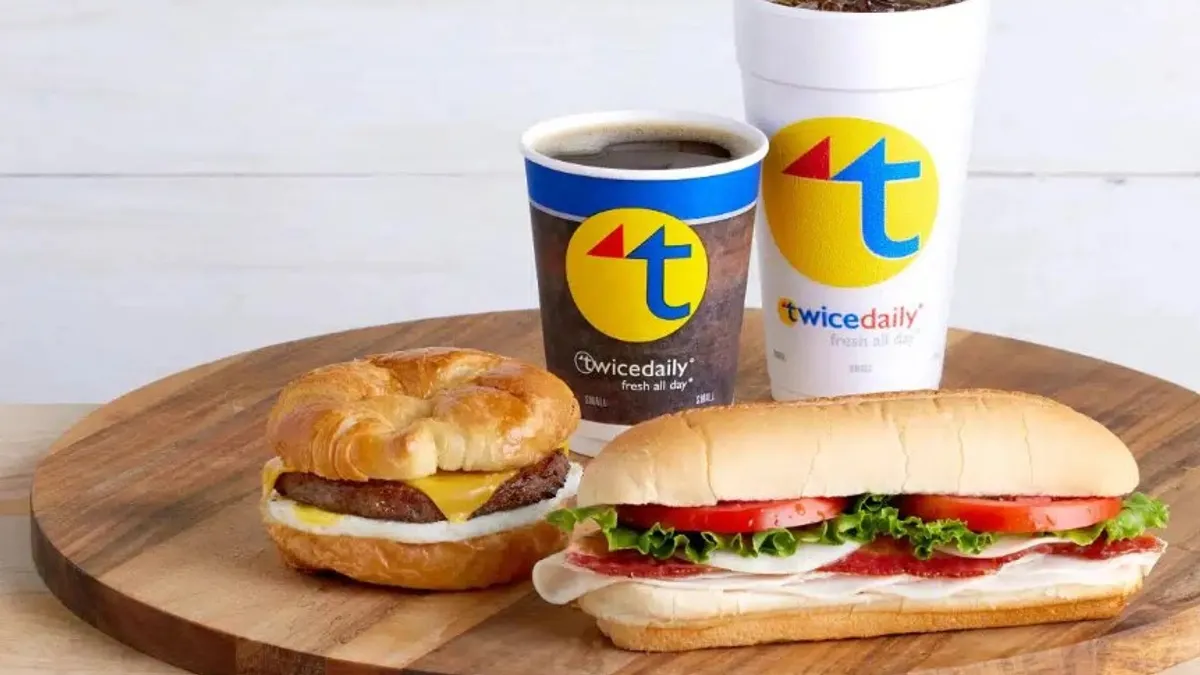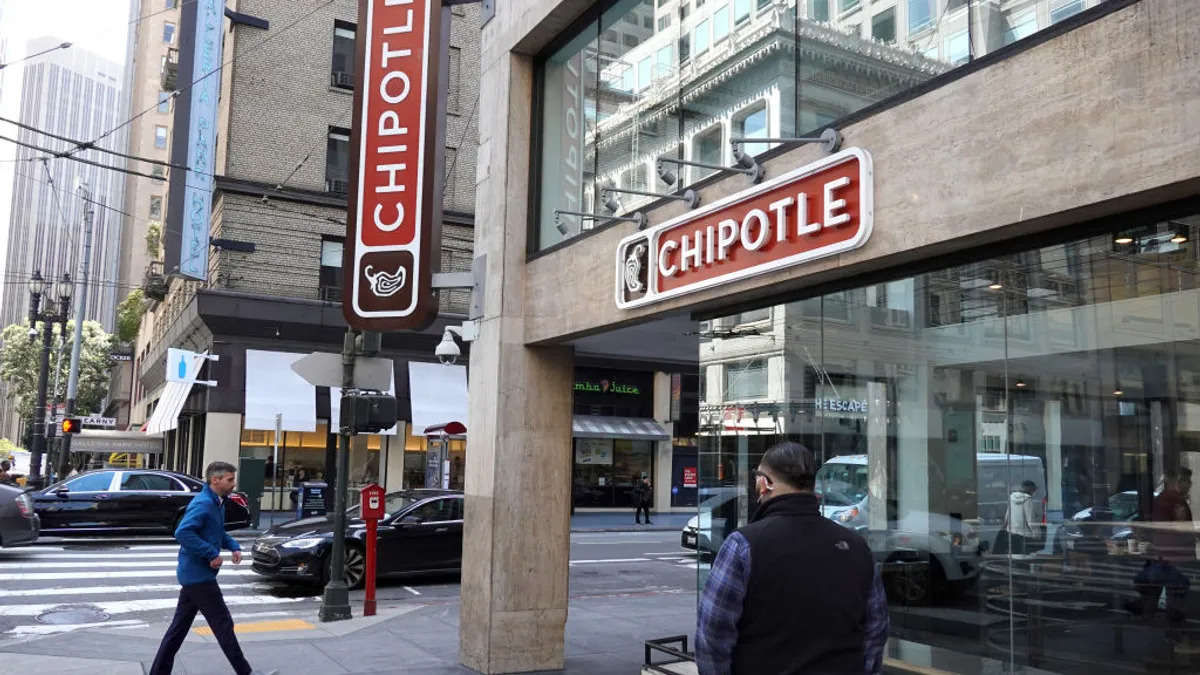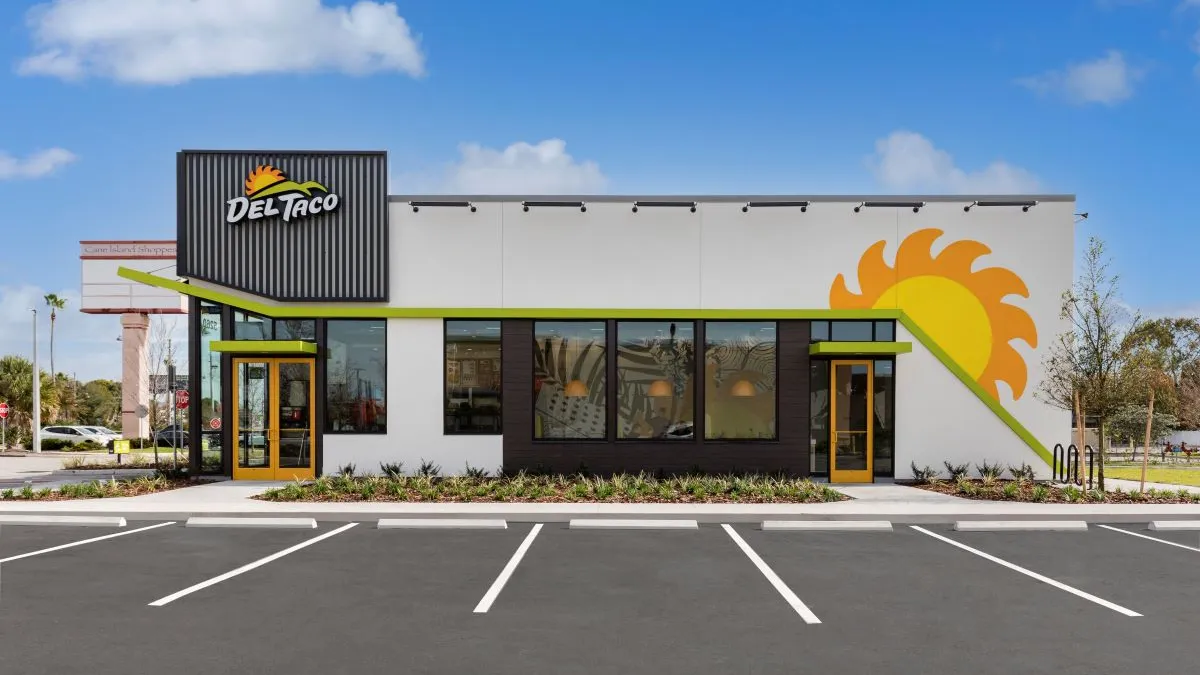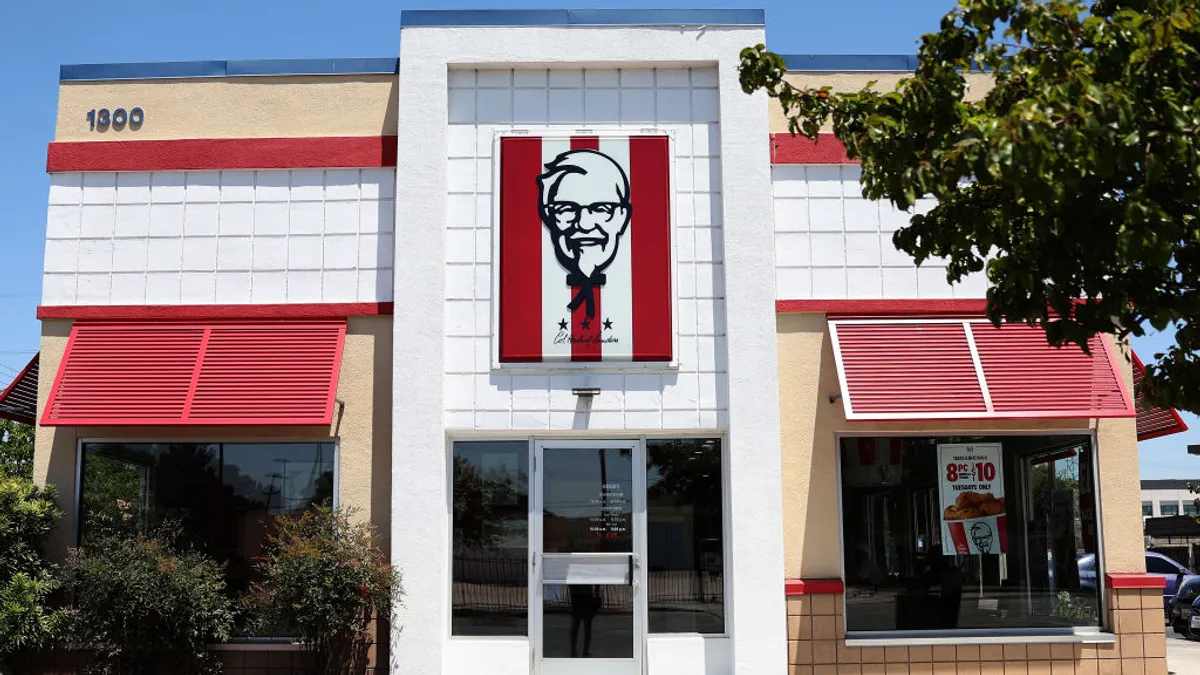Big restaurant brands continue to make headlines with products featuring prominent plant-based meat analogues, but experiments with whole vegetables and old-school patties hint that the industry’s approach to plant-based menu development is in flux.
While Impossible Foods and Beyond Meat seem to hog the plant-based stage, test runs of items like Chick-fil-A’s fried cauliflower sandwich show a willingness to explore other meat-free avenues. Early research into more direct consumer choices — namely, at the grocery store register — also reveals an interesting trend: repeat plant-based meat buyers are few and far between, and those that do buy in aren’t giving up the real thing.
Restaurants have a difficult tightrope to walk in the plant-based category. A recent report from the Good Food Institute reveals that almost 10% of U.S. consumers tried a meat analogue at a restaurant in 2022. The stark point, though, is that most stopped at one. Chains looking to broaden their meal occasions must navigate investing in meat analogues, which some diners scrutinize over processed ingredients, or embrace innovation around whole vegetables.
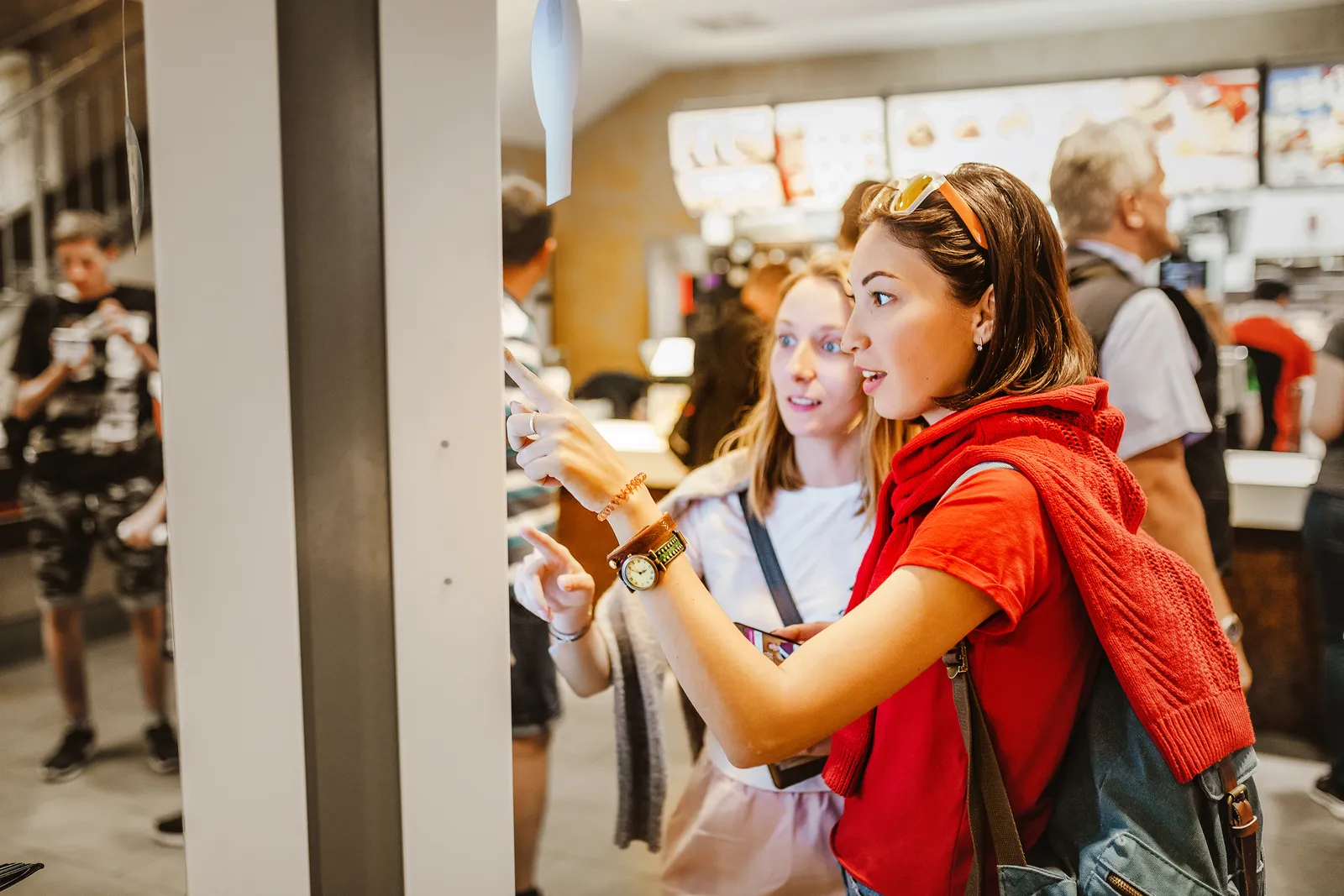
There are many kinds of meat-free diners
At Fatburger, the move to introduce a meat analogue didn’t change the chain’s perspective on its longstanding vegetarian options.
Across more than 150 locations, almost half of which are in California, the company has long sold a classic, soy-based Boca patty, which Kraft-Heinz gussied up in 2018. That same year, Fatburger debuted the Impossible Fatburger. Customers with additional dietary preferences can sub the restaurant’s standard American cheese with Daiya’s vegan slice and swap the vehicle for an Udi’s gluten-free bun.
The decision to keep both items was simple, the company told Restaurant Dive in an email, and aligns with what both Impossible Foods and Beyond Meat have opined: Plucking off a sliver of plant-based dieters would be nice, but Fatburger is really after the 94% of Americans who eat meat.
“The Boca burger is a vegetarian burger meant for consumers looking for a vegetarian-friendly option that tastes like just that: a vegetarian burger,” the company said. “The Impossible consumer is (typically) someone who likes the taste of meat but is looking for a plant-based option.”
Fatburger, which also sells dairy-free milkshakes crafted with Craig’s cashew-based ice cream, added that consumers are drawn to plant-based foods for a variety of reasons. Some want the look and feel of beef but choose not to eat meat; others are vegan by choice or lactose-intolerant by nature. Some care about cross-contamination on cooking surfaces, while others might not be so strict.
In an interview with Impossible in 2021, former CEO Andy Wiederhorn said 1 million Impossible Fatburgers sizzled on their grills annually, “double what we sold when we had veggie burgers on the menu.” The company declined to clarify the figure for Boca patties then or now, but confirmed it sells “about four times more” of the Impossible Fatburger.
While sales of plant-based foods have generally increased in recent years — up more than 8% to hit $8 billion last year — the subcategory of meat analogues has endured volatility, dropping by around 1%, according to SPINS data. Sales of dairy alternatives, including cheese and ice cream, fell by 2% and 4.5%, respectively.
As Fatburger noted, consumers don’t fit into neat little boxes.
Across the pond, restaurants like Burger King, which in the U.S. sells the Impossible Whopper, have discovered a hungrier plant-based audience. BK Germany first sold its Veggie King burger in 1997, and it’s still on the menu. That Whopper features a patty from the Dutch producer The Vegetarian Butcher; stores also offer meat-free Long Chicken sandwiches and nuggets. In 2021, the company opened an entirely plant-based restaurant in Cologne and has since experimented with similar concepts in other cities, including London and Vienna.
Four out of every 10 meals sold across BK Germany’s 750 restaurants are vegan or vegetarian, the company told Restaurant Dive in a statement, and almost one in three is “purely plant-based ingredients.”
Burger King’s plant-based menu isn’t growing as quickly domestically, however: The chain piloted a plant-based chicken sandwich last year with Impossible Foods, but has yet to launch the product.
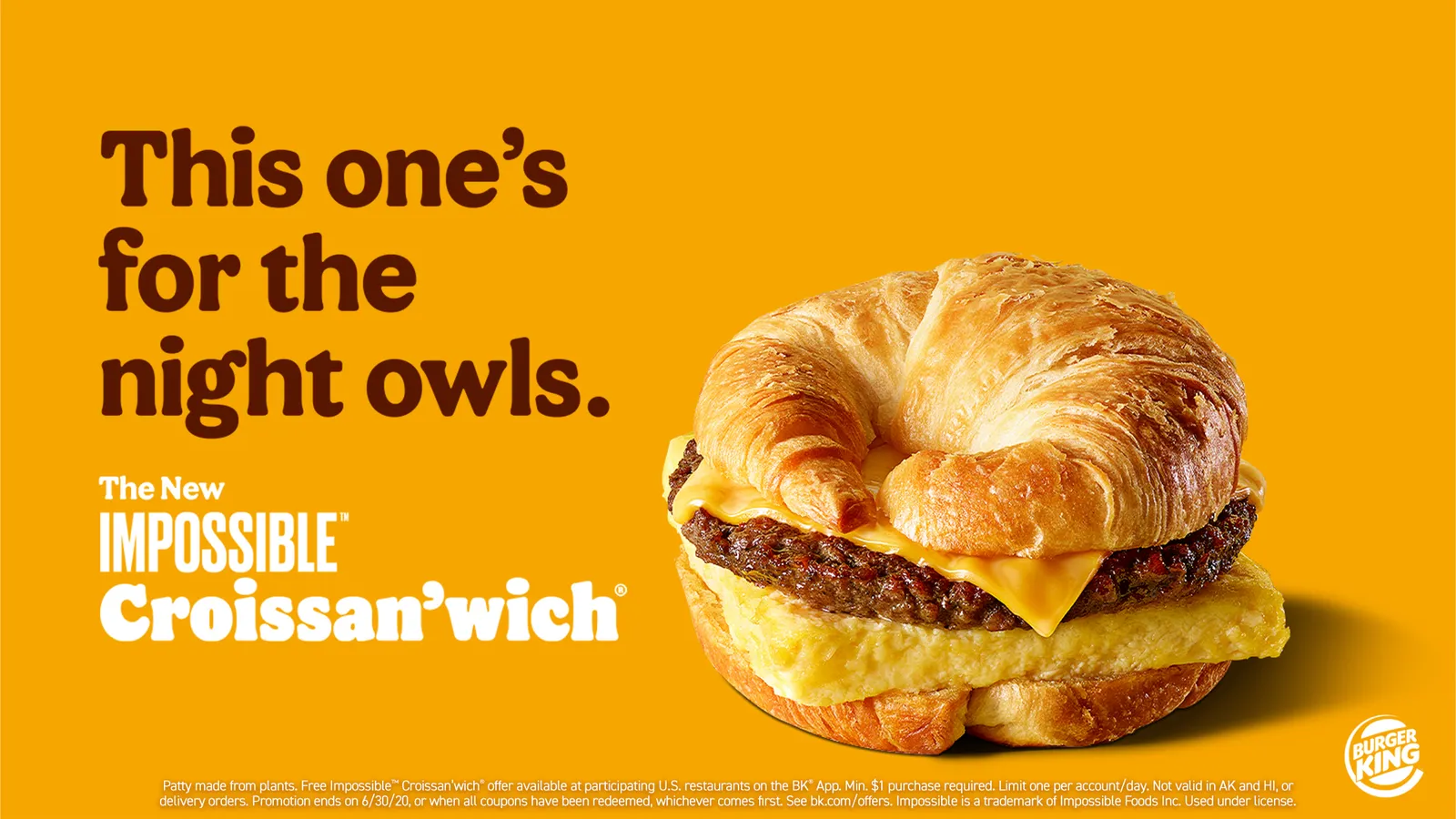
What does it take to stay on the menu?
The meat analogue slump has been pronounced for Beyond, which in August reported a 30% nosedive in revenue for its second quarter compared to the same period in 2022 – a rough year for the broader plant-based industry.
Restaurant chains including TGI Fridays and Carl’s Jr. continue to offer Beyond burgers, but many others have cut ties — and seem reluctant to talk about it.
Dunkin’ unveiled a Beyond Sausage Breakfast Sandwich in late 2019, expanding the menu item to most of its 9,500-plus U.S. stores. Not even an ad campaign with the rapper Snoop Dogg could save it: the coffee chain removed the English muffin alternative from all but a few hundred stores in 10 states by June 2021. Dunkin’ did not respond to multiple requests for comment about the menu change.
Del Taco, the California-based Mexican chain acquired by Jack in the Box in 2021, introduced the Beyond Taco in 2019. This was considered a win for the meat analogue market, which has long struggled to gain meaningful traction outside of the burger category.
But the menu item, made with Beyond Meat protein crumbles, didn’t last long. Del Taco removed the crumbles from select stores last year, and by this spring had snubbed them entirely, citing low sales. At $2.49 a pop, the crumbles cost a buck more than Del Taco’s basic meat counterpart.
Competitor Taco Bell has also dabbled with Beyond products, testing the plant-based manufacturer’s Carne Asada Steak last fall. But the Irvine, California-based chain hasn’t announced plans to scale the menu item, and in June launched a pilot of a proprietary vegan Crunchwrap at a handful of stores. McDonald’s also tested a proprietary plant-based burger, but didn’t scale the product after the pilot ended last year amid reports of low sales.
When asked for comment, a Del Taco spokesperson shared the same statement issued in April: “We value our long-standing partnership with Beyond Meat and are continuing to explore potential new and innovative plant-based menu items with them. Our flexitarian, vegan and vegetarian friends can rest assured that their cravings will still be satisfied with a variety of made-to-order menu items that can align with their dietary preferences.”
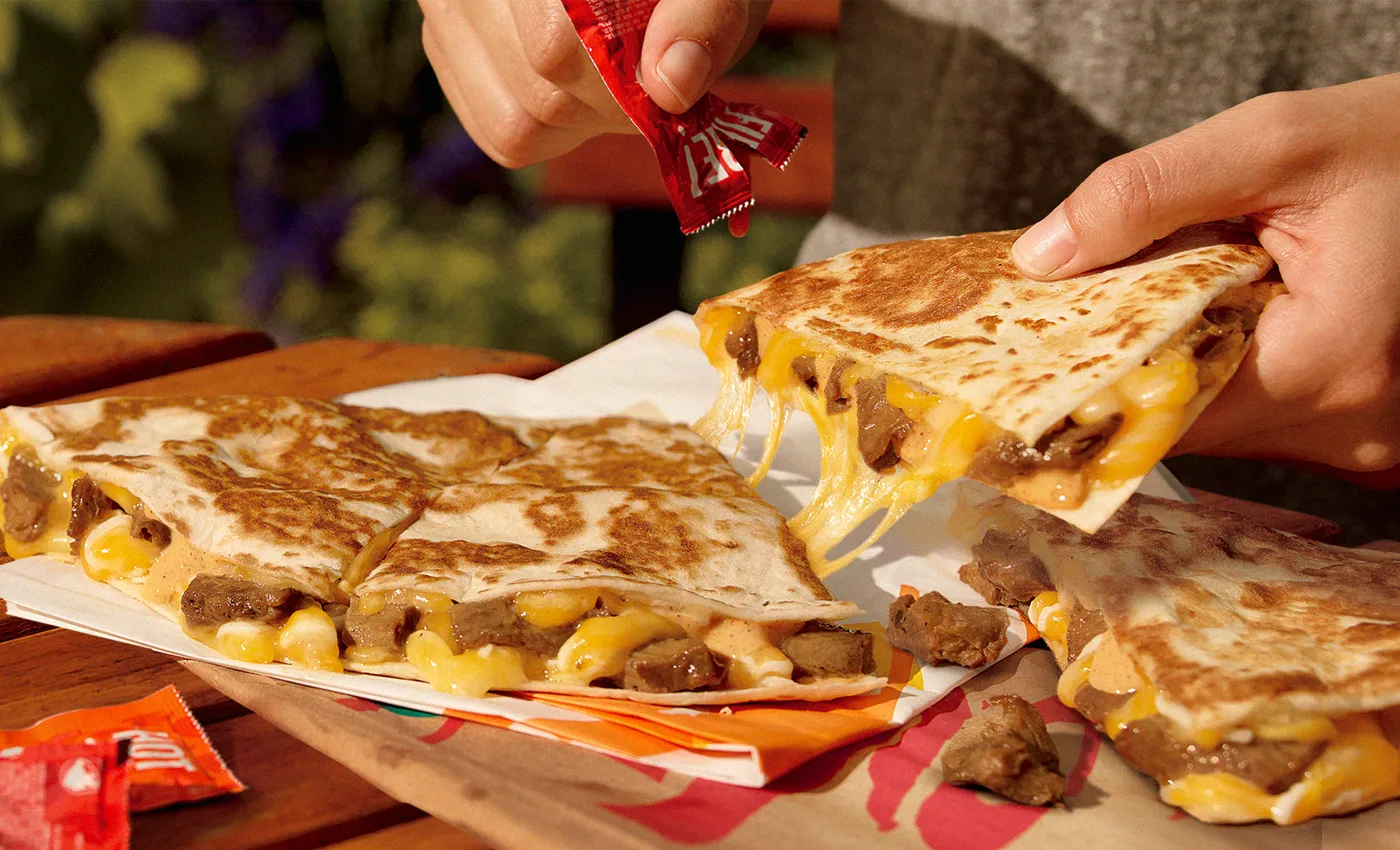
Moving analogues outside the bun
Other small and mid-sized restaurant chains that use plant-based products for non-burger menu items might provide a roadmap for new ideas.
JINYA Ramen, based in Los Angeles with nearly 40 locations in North America, added tacos, a rice bowl and vegan ramen with Impossible beef in 2021. Noodles & Company launched Impossible’s panko-breaded chicken late last year. The Melting Pot now offers Impossible Meatballs to dip in its savory fondues. However, these companies didn’t respond to requests for comments about the performance of these products.
Like Taco Bell, other restaurants have entered the plant-based production field themselves.Shake Shack, for example, developed the Veggie Shack, released in May. The throwback-style vegetarian patty is made from mushrooms, sweet potatoes, carrots and quinoa, and is promoted alongside a non-dairy chocolate shake.
The New York-based chain was already known by vegetarians for its ‘Shroom Burger, a deep-fried portobello mushroom on a bun. Both the Veggie Shack and ‘Shroom Burger cost about the same (around $8.75) as the restaurant’s specialty burgers.
The poultry category, meanwhile, has struggled to gain traction with plant-based alternatives. KFC briefly tested Beyond Fried Chicken in 2021, and Burger King toyed with Impossible Nuggets and the Impossible Original Chick’N Sandwich as recently as last year, but the experiments — available only at select stores — fizzled within months.
Recently, Chick-fil-A has taken a different tact by innovating around whole vegetables. The chain teased its fried cauliflower sandwich in just a handful of stores in three markets in early 2023, but its promotional text sheds light on how restaurants might adjust their approach in coming years in focusing on the vegetable in a way that “embraces the plant-forward style.”
In other words: It might not be a question of replacing meat with “meat,” but putting vegetables front and center — a trend that full-service restaurants seem to have embraced.
Consumers’ true desires are still unclear
Research into meat-analogue purchasing habits has tended to rely on stated consumer preferences but not actual sales at the register, said Zachary T. Neuhofer, a Ph.D candidate in the Department of Agricultural Economics at Purdue University. He co-authored a 2022 paper published in Nature that analyzed household scanner data for ground meats and their plant-based alternatives between November 2018 and November 2020.
Of nearly 39,000 households, about 20% bought a meat analogue at the grocery store at least once, but only 12% did so on multiple occasions, per the report. These consumers tended to be younger, higher-income and have kids. The study also found that just under 15% of households never bought real ground beef, turkey or pork. A fraction of the group — just 3%, or 1,000 households — avoided ground meats of all kinds.
What’s intriguing is an overlap in shopping categories: 86% of the plant-based buyers also bought ground meat.
“If they did buy plant-based, they also bought ground meat,” Neuhofer said, but “most just bought [animal] meat.”
He noted that households with some plant-based meat analogues spent less on ground meat during the two-year timeframe, $98 compared to $113 among all participating households, but overall expenditures increased.
The evidence suggests that becoming a plant-based customer doesn’t deter meat demand. Additionally, the authors added that “rising PBMA [plant-based meat alternative] market shares are not necessarily indicative of an expanding market since most purchasers of the products also purchase meats.”
The data might portend a different outcome if the price of plant-based options dropped closer to their animal-based counterparts. “You would expect to see an increase in PBMA demand,” Neuhofer said.
For now, that future is still up for grabs, as retail sales of plant-based meat alternatives have slid in recent months.


